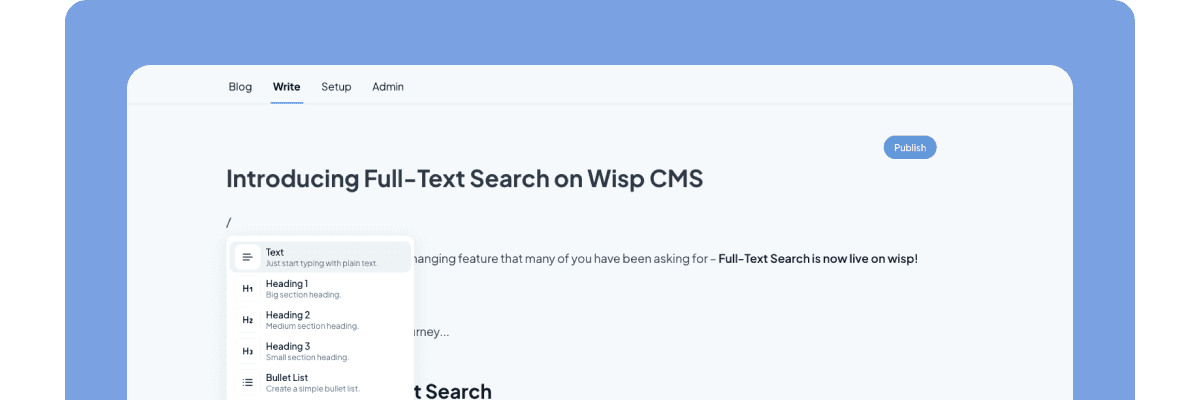
You've spent hours setting up authentication in your Next.js application. Everything works perfectly in your local development environment - users can log in, sessions persist, and protected routes work as expected. But then you deploy to production, and suddenly everything breaks. Users are stuck on the login page, and your server components can't seem to read any cookies, even though you can see them in the browser's dev tools.
If this sounds familiar, you're not alone. Cookie management in Next.js 15, especially in production environments, can be surprisingly tricky. In this comprehensive guide, we'll dive into why these issues occur and how to fix them.
Understanding the Cookie Conundrum
The most common scenario goes something like this:
Your Express.js backend sets an authentication cookie
The cookie shows up perfectly in your local development environment
After deployment, the cookie appears in request headers but returns
undefinedwhen accessed via Next.js'scookies()functionYour authentication system breaks, leaving users unable to access the application
This frustrating situation often stems from subtle differences between development and production environments, combined with Next.js 15's unique approach to cookie management.
Why Cookies Behave Differently in Production
Several factors can cause cookies to break in production while working perfectly in development:
1. Secure Cookie Requirements
In development (localhost), cookies marked as secure will work over HTTP. However, in production, these same cookies will be rejected unless your site is served over HTTPS. This is a common gotcha that catches many developers off guard.
// This works locally but fails in production without HTTPS
res.cookie('sessionId', 'abc123', {
secure: true, // Requires HTTPS in production
httpOnly: true
});
2. Domain Restrictions
Cookies are domain-scoped, which means they follow strict rules about which domains can set and access them. Your local development server might be more permissive than your production environment when it comes to cross-domain cookie handling.
// Example of domain-specific cookie setting
res.cookie('authToken', token, {
domain: process.env.NODE_ENV === 'production'
? '.yourdomain.com'
: 'localhost'
});
3. CORS Configuration Mismatches
When your frontend and backend are on different origins, CORS settings become crucial. A common issue occurs when the CORS configuration doesn't properly handle credentials:
// Backend CORS configuration
app.use(cors({
origin: process.env.FRONTEND_URL,
credentials: true // Essential for cookie handling
}));
// Frontend fetch configuration
fetch('https://api.yourdomain.com/auth', {
credentials: 'include' // Required for cross-origin cookie transmission
});
Debugging Cookie Issues
Let's walk through a systematic approach to diagnose and fix cookie problems in production.
1. Verify Cookie Presence in Headers
First, check if your cookies are actually being sent in the request headers:
// In your middleware.ts
export default function middleware(req: NextRequest) {
console.log('Cookie Header:', req.headers.get('cookie'));
console.log('All Headers:', Object.fromEntries(req.headers));
return NextResponse.next();
}
2. Inspect Cookie Settings
Review your cookie configuration to ensure all required attributes are set correctly:
// Proper cookie configuration
res.cookie('sessionId', token, {
httpOnly: true,
secure: process.env.NODE_ENV === 'production',
sameSite: 'lax',
path: '/',
maxAge: 7 * 24 * 60 * 60 * 1000 // 7 days
});
3. Check Server Component Implementation
Ensure you're properly accessing cookies in your Server Components:
// Correct way to access cookies in a Server Component
import { cookies } from 'next/headers';
async function ServerComponent() {
const cookieStore = cookies();
const authToken = cookieStore.get('authToken');
if (!authToken) {
// Handle unauthenticated state
return <div>Please log in</div>;
}
// Continue with authenticated content
}
Common Solutions and Best Practices
1. Proper Cookie Management in API Routes
When setting cookies from API routes, use the Next.js Response object correctly:
import { NextResponse } from 'next/server';
export async function POST(request) {
const response = NextResponse.json({ success: true });
response.cookies.set('authToken', token, {
httpOnly: true,
secure: process.env.NODE_ENV === 'production',
sameSite: 'lax',
path: '/'
});
return response;
}
2. Environment-Specific Configuration
Create environment-specific cookie configurations to handle different requirements:
// config/cookie-options.ts
export const getCookieOptions = () => ({
secure: process.env.NODE_ENV === 'production',
domain: process.env.NODE_ENV === 'production'
? process.env.COOKIE_DOMAIN
: 'localhost',
sameSite: process.env.NODE_ENV === 'production' ? 'strict' : 'lax',
httpOnly: true
});
3. Implementing Fallback Mechanisms
When cookies aren't accessible, implement fallback mechanisms to maintain functionality:
async function getAuthStatus() {
try {
// Try cookies first
const cookieStore = cookies();
const authToken = cookieStore.get('authToken');
if (authToken) return authToken;
// Fallback to Authorization header
const headers = new Headers();
const authHeader = headers.get('Authorization');
return authHeader?.replace('Bearer ', '');
} catch (error) {
console.error('Auth verification failed:', error);
return null;
}
}
Production Deployment Checklist
Before deploying your Next.js application, run through this checklist to prevent cookie-related issues:
HTTPS Configuration
Ensure your production domain has valid SSL certificates
Configure your server to redirect HTTP to HTTPS
Verify cookie
secureflag is enabled for production
Domain Configuration
Verify cookie domains match your production setup
Check subdomain handling if applicable
Ensure proper CORS configuration for cross-origin requests
Cookie Attributes
Review
sameSiteattribute settingsConfirm
httpOnlyis set for sensitive cookiesVerify
pathattribute is correctly configured
Error Handling
Implement proper error handling for cookie access failures
Add logging for debugging cookie issues in production
Set up monitoring for authentication-related errors
Conclusion
Cookie management in Next.js 15, particularly in production environments, requires careful attention to detail and understanding of how different environments handle cookie security. By following the debugging steps and implementing the solutions outlined in this guide, you can ensure your cookies work consistently across all environments.
Remember these key takeaways:
Always test cookie functionality in a production-like environment before deployment
Implement proper CORS and security configurations
Use environment-specific settings for cookie attributes
Add comprehensive error handling and logging
For more information and updates, refer to the official Next.js documentation and stay tuned to the Next.js GitHub discussions for community solutions to common issues.
By following these guidelines and best practices, you can avoid the frustration of cookies that work locally but break in production, ensuring a smooth user experience across all environments.



